The April Nutshell
Maeve Brennan, Chrissie Keighery, “ham hands”, and writers coping with feedback
Dear Reader,
I’m going to pineapple-upside-down-cake my April round-up and begin with what I’ve been listening to, reading and writing, which I’d usually put at the bottom. (Related: I’m brewing a post about living an irregular life and producing a somewhat irregular — but reliable — newsletter.)
Listening
I enjoyed this episode of The Sunshine House in which authors Zanni Louise and Allayne Webster discuss Allayne’s new release Selfie, “an engaging and very real exploration of social media and the trickiness of separating what’s real from the glossiness of the online world”. Selfie is described as young adult but as this is the most complicated of all readerships I’ll clarify that it is young-young-adult.
Whether you’ve been closely following the plagiarism story about The Dogs by John Hughes or have no idea what I’m talking about, this episode — the first in a series called Fakes and Frauds — is worthwhile.
While hanging the washing I idly put on The First Time Master Series featuring Cate Kennedy, writer of short stories, poetry, a novel and a memoir. Listening to Cate talk about short stories was the catalyst for what happened to the rest of my month.
I started to think about the fact that I haven’t attempted to write a short story (for adults) for twenty years. So while walking the dog I put on the New Yorker Fiction podcast, had a browse and chose Claire-Louise Bennett reads Maeve Brennan’s ‘Family Walls’, because I liked the title — I hadn’t heard of either author.
In the next section I sound like a pre-schooler who made a new best friend, and my new best friend is Maeve Brennan (who is dead, unfortunately).
Writing
I want to be able to write about complicated relationships without making the story itself complicated, and that’s what astonished me about Maeve Brennan’s ‘Family Walls’, which hinges (ha ha) on the closing of a door. A man comes home after work one evening. Noticing that his wife closes the door to the kitchen at the precise moment he walks in has an undoing effect on the man. As he overthinks this action — deliberate? coincidental? — he tells the story of his marriage. The narrative is passed to his wife, the door-closer, and finally shared between them. After hearing ‘Family Walls’, everything else I planned to do in April fell out of my head and I only wanted these two things: to know everything about Maeve Brennan and to write a short story.
Who was Maeve Brennan?
They had me at “she was a writer who was at home in neither Ireland nor America”, “ambling and homesick”, a “traveller in residence”, because I’ve reached the point where I’m not at home in either Britain or Australia. But I’m positive that’s not a qualification for loving her work. Maeve was born in 1916. Her family left Ireland for America when she was a teenager. At the height of her writing career she had a column at the New Yorker called ‘The Long-Winded Lady’ — acute and witty observations of Manhattan. But the stories that brought posthumous recognition are set in the Ireland of her youth. Indeed, although the stories celebrated now are about Ireland, the country of her birth didn’t know much about Maeve until after her death.
At the New Yorker Maeve was martini-swilling, beautiful, sharp, fashionable, and independent. Towards the end of her life she was alienated from her family, alone, unkempt, mentally ill, and no longer remembered that she was a writer. If Maeve sounds like your kind of woman, I recommend her collection The Springs Of Affection.
Ham Hands
So, I studied some more short stories and then I wrote my short story. A simple story about a complicated relationship. It took me all month. I felt ham-fisted at first (and I can’t say ham-fisted any more without thinking of this tweet about “ham hands”) . . .
. . . but once I’d finished eating the ham from my hands, I felt the pleasure of having told a story from start to finish and without needing to be validated for it. The point was the making of it, I’m not a short story writer, I was only dabbling. I think of it the way I recall the one time I poached an egg to see if I could. When someone says “making poached eggs is really hard” I agree and say “I made one, but only once. It turned out alright”. I’m uncharacteristically proud of that poached egg but don’t ask me to poach another.
Writing advice that may be useful to someone out there:
I started to write when my children were babies and wonder if that’s why this trick works for me when I need to come back to the page but something is stopping me: I remove the perfect conditions, such as the comfort of my writing chair, the quiet of my study, and the focus of having nothing else to do but write — those features that were not present in my writing apprenticeship but are available to me now.
Sometimes these comforts make me feel too self-conscious, as if I’m posing as a writer like Maeve Brennan is in this photo. So I make the act of writing incidental, for example by putting the laptop on the kitchen bench with the curser ready to go but the screen dimmed, and I begin one of the many mundane domestic activities of mine and most people’s lives. Eventually this allows me to re-enter the story space in my mind.
If I can reach that space, nothing else matters. Then it’s just a step or two to the kitchen bench, where the laptop just happens to be, to translate the story space into words when the moment is right. It’s something about removing the gravity of it, tempting myself to the page by recreating those hungry days when all I wanted was for someone to hold the babies and put the dinner on so I could finish my book.
How to cope with feedback on your writing
I got some feedback this month that hit me like a truck and then reversed over me to make sure I was really dead. My writing group were the lucky witnesses to my aggrieved roadkill state and one of them sent me this:
4 steps to go through when you find yourself in the red zone,
ie. furious and confused that someone doesn’t get your writing:
1. Insight (recognise that you are in the red zone)
2. Emotional regulation (go for a walk to get out of the red zone . . . one walk won’t necessarily do it: I needed several, a score of text messages, tea, cake and gin)
3. Cognitive reframing (find the right perspective, understand what is happening)
4. Act with considered intent
Because my natural instinct is to act with ill-considered intent, this list is a life-saver. Thinking back to first reactions to difficult feedback is like having a flashback to how drunk you were at a party. We need writer-friends who do the equivalent of holding back our hair while we puke.
New subscribers may not know that I’m more often on the other side of this equation, giving feedback instead of receiving it. I believe that does (eventually) help with the cognitive reframing but I always spend some time in the red zone. This piece, The Truth About Manuscript Assessments is about my life as an editor.
Reading
A bolstering piece Writing Quietly (…While Surrounded by Loud Things) by YA author Helena Fox. Her second novel The Quiet and the Loud is out now.
I loved this by the author of
: The stories of Katherine Mansfield, ranked. In fact I loved it so much that I bought a secondhand copy of The Garden Party (1922) and read the title story, ranked #6, which is brilliant.
“But we can’t possibly have a garden-party with a man dead just outside the front gate.”
This story is designed to make the reader squirm in empathy with Laura Sheridan. Charged by her mother with helping with the final arrangements of an extravagant garden party at their home, Laura is horrified when everyone around her wants to go through with it even after they hear news that a neighbour has been killed, leaving a wife and five kids to certain poverty. The story takes a hideous turn towards the end, another of Mansfield’s horrors: somehow charming and childlike while at the same time stoking a severe critique of class and inequality.
At this point I probably need a separate section for time-slip fans but for now here is When Three British Boys Traveled to Medieval England (Or Did They?)
A great piece on legendary children’s author Paul Jennings.
A 13-word letter from a child was probably the most profound piece of writing ever to land in Paul Jennings' lap. "All he said was: 'Dear Paul Jennings, how come you know what it's like to be me?'," the author says. "Good grief, you know. That little boy could see himself in my story, which is exactly what I want."
Close to four decades and nine million book sales have transpired since Jennings began his career as a children's writer.
Favourite industry news:
It’s a tie between Trove, the National Library of Australia’s free digital archive, being saved with government funding, and the announcement of a new children’s book award, the DANZ (Diversity in Australia and New Zealand Children's Book Award). Keep in touch with the progress of this award, which is seeking more sponsorship, via their Twitter account.
Irritation of the month
Jamie Oliver. Well, not him (a bit him), but the publishing industry that encourages the devaluation of children’s literature, and every point of contact on the hideous feedback loop that allows celebrities who don’t write their own books to become bestsellers. I’m glad if there are dyslexic children out there who take something from the fact that a dyslexic multi-millionaire chef is probably about to be a bestselling author, but is it still something to be glad about if he didn’t do the hard slog? I’ve read the articles in which he says he dictated the book on his phone. But I don’t believe him. I don’t think that anyone who has produced a novel from start to finish could. There are plenty of brilliant dyslexic writers out there. Sally Gardner springs to mind. And hundreds of highly original and well written books for dyslexic children and teenagers thanks to Barrington Stoke. Here’s Sally on dyslexia.
It’s even worse when Australian bookshops are flooded with British chefs and comedians and the books they didn’t write. There’s no shortage of funny homegrown hijinks adventures for children. One of my picks would be H.Hayek’s novels: Huda and Me and Huda Was Here.
This month, for free subscribers:
#2 Children’s Book Reading Notes on the new time-slip novel Tumbleglass by Kate Constable, which I loved.
Tumbleglass is the story of a house. It’s a house that is over a hundred years old. A steady presence for one family after another, through wars, fashions, and political and social change. But while every house has its foibles, its own smell and feel, this house has a special kind of crack that allows time travel to take place. And one day, 13-year-old Rowan and her 19-year-old sister Ash tumble unexpectedly into that crack and land in the year 1999, slap-bang in the middle of a party.
For paid subscribers:
A guest post by Chrissie Keighery to celebrate the publication of The Half Brother, her debut domestic noir following a career of 35+ children’s books. Chrissie’s book launch was an unforgettable, emotional night.
The diary of one of my writing days, the unvarnished truth, with an endnote explaining my no-word-count writing challenge.
I began by researching a street we once lived on, in suburban Melbourne, using Trove. Before long I stumbled on a fascinating and terribly sad attempted murder that happened in the house next door to ours in the early 1900s. Somehow, I justified the need to know absolutely everything about this case. Even though it didn’t relate to my manuscript. There should be a number you can call when you’re procrastinating that much.
The wonders of a door as a literary device. In this post I talk about how Andy Griffiths and Terry Denton inspired a door exercise I regularly use in schools, and about doors according to Maeve Brennan, Hungarian novelist Magda Szabo, and another new children’s time-slip called Running With Ivan by Suzanne Leal, which transports the reader to the wartime Jewish ghetto Theresienstadt.
There are many pieces brewing for the coming months . . . #3 in my series about mistakes I’ve made as a writer, a piece on outsiderism, another on transformations in children’s literature (shrinking Mrs Pepperpot), one on wearing different hats in the publishing industry, more interviews with authors for my podcast, and a meditation on all the reasons why you should keep writing your book when it feels hopeless.
Goodbye April; here’s to May. X
P.S. The end-of-month nutshells will always be free to read and won’t go into the archive. All the other free pieces are available for 4 weeks. Subscriptions are $5 per month or $50 per year. Founding member subscriptions come with a free zoom call or email exchange to discuss any aspect of your writing.



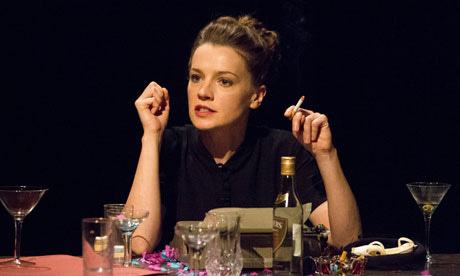
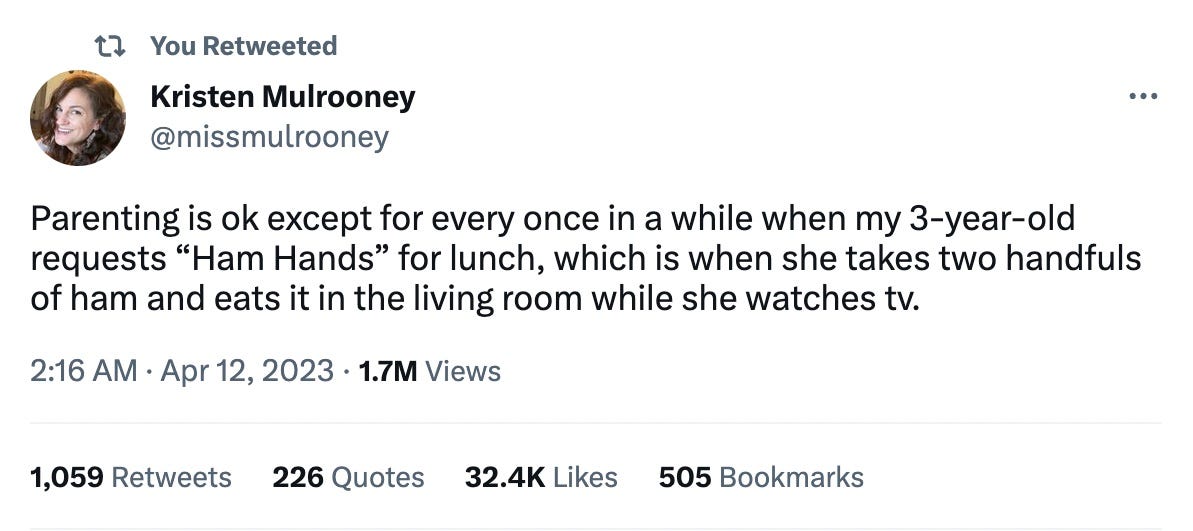

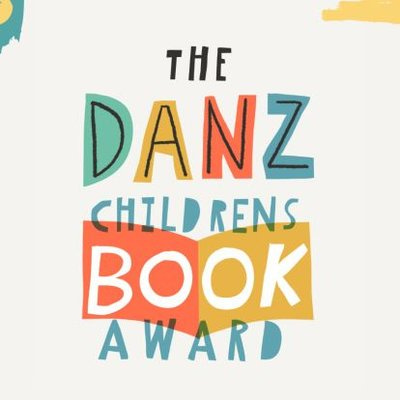
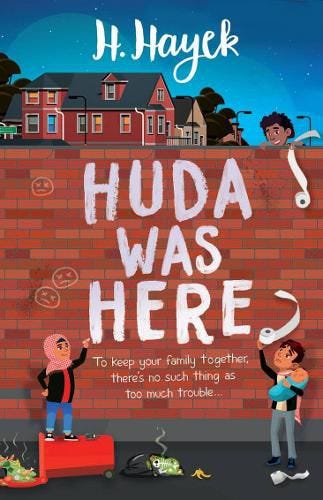
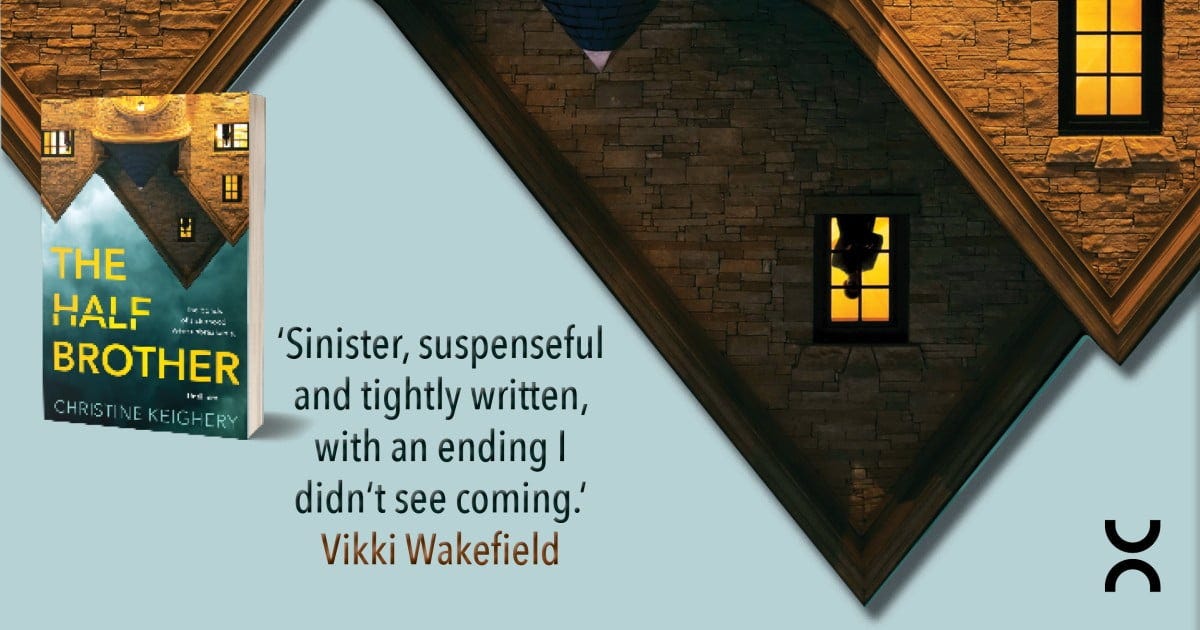
Such an entertaining and informative post - I'm sharing it with my writers group :-)
Love this Emily! I’m new to substack and am already grieving the time I’ve missed! Thanks for listening in to my conversation with Allayne and sharing so many wonderful writing truths here. I’m inspired to start writing short stories again!